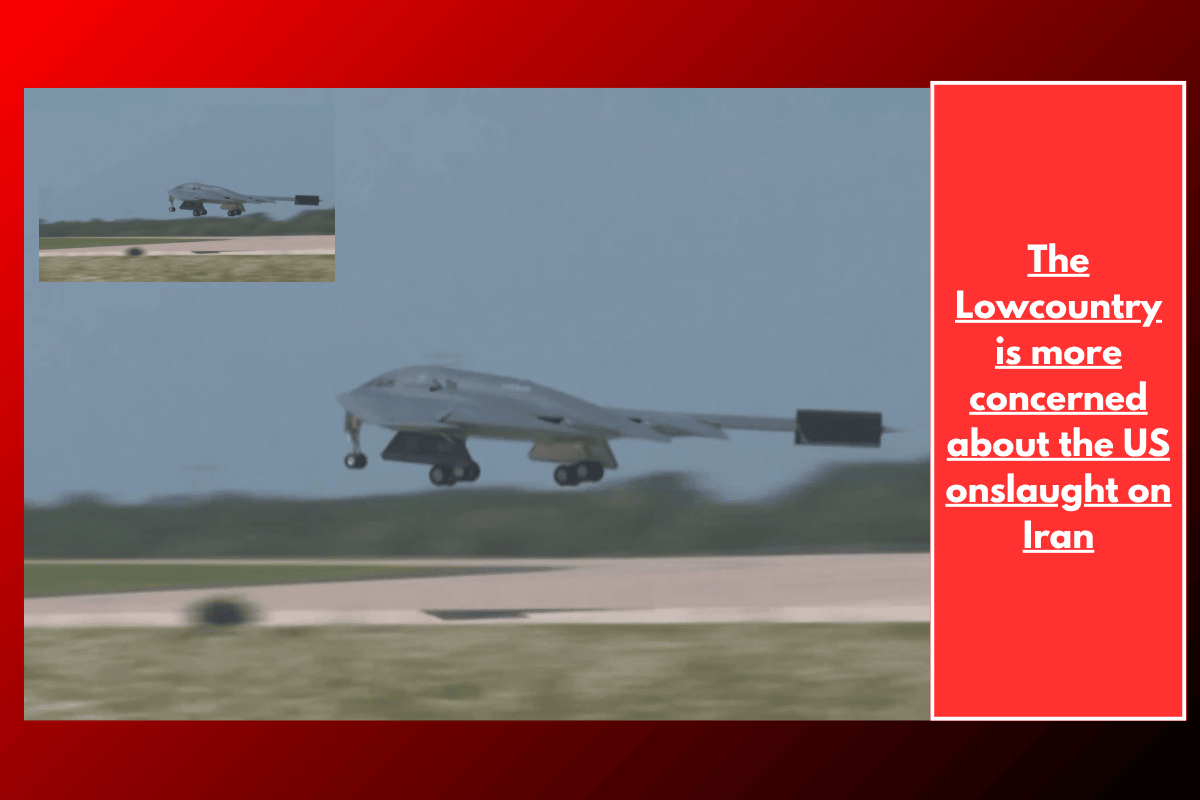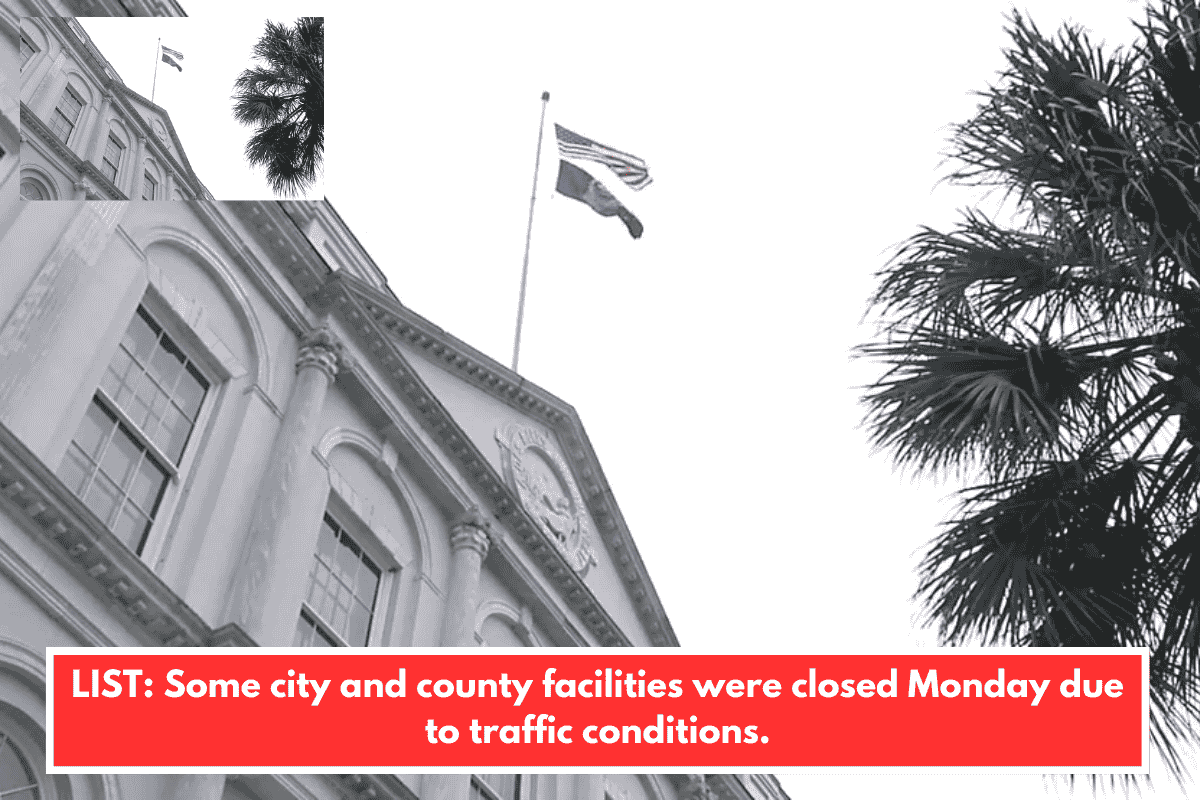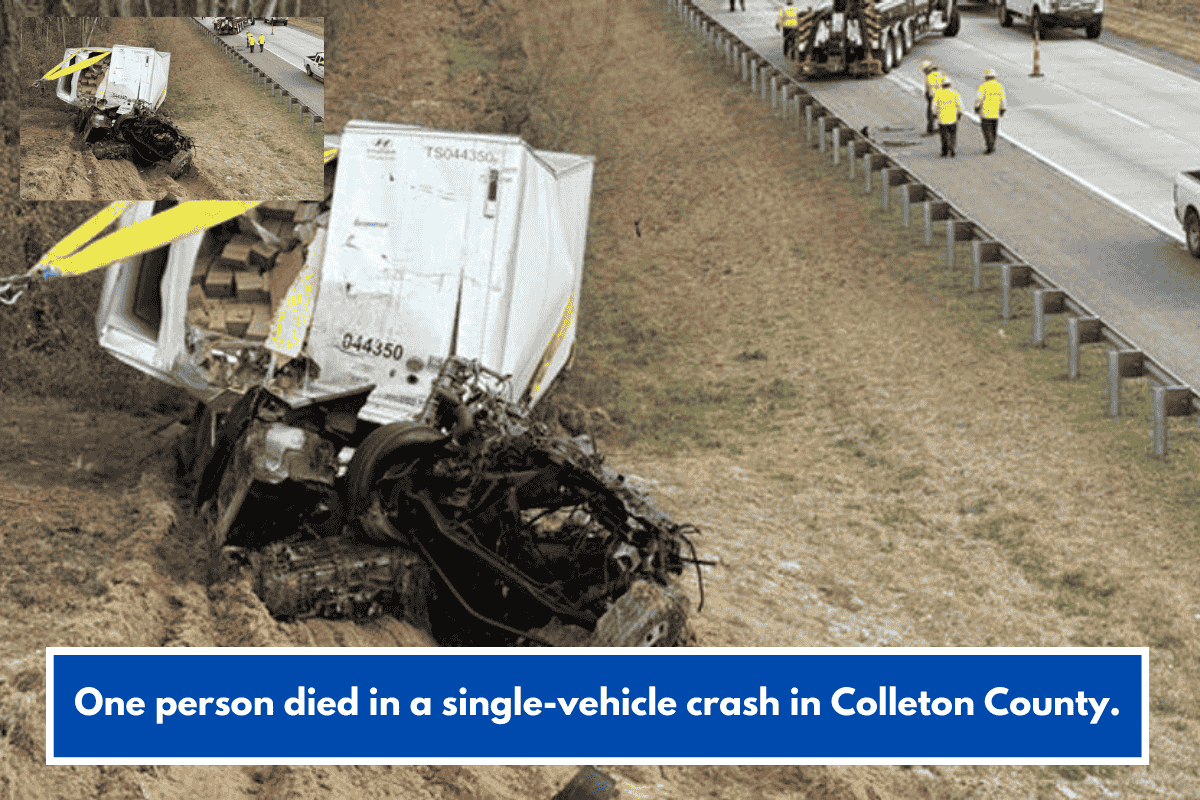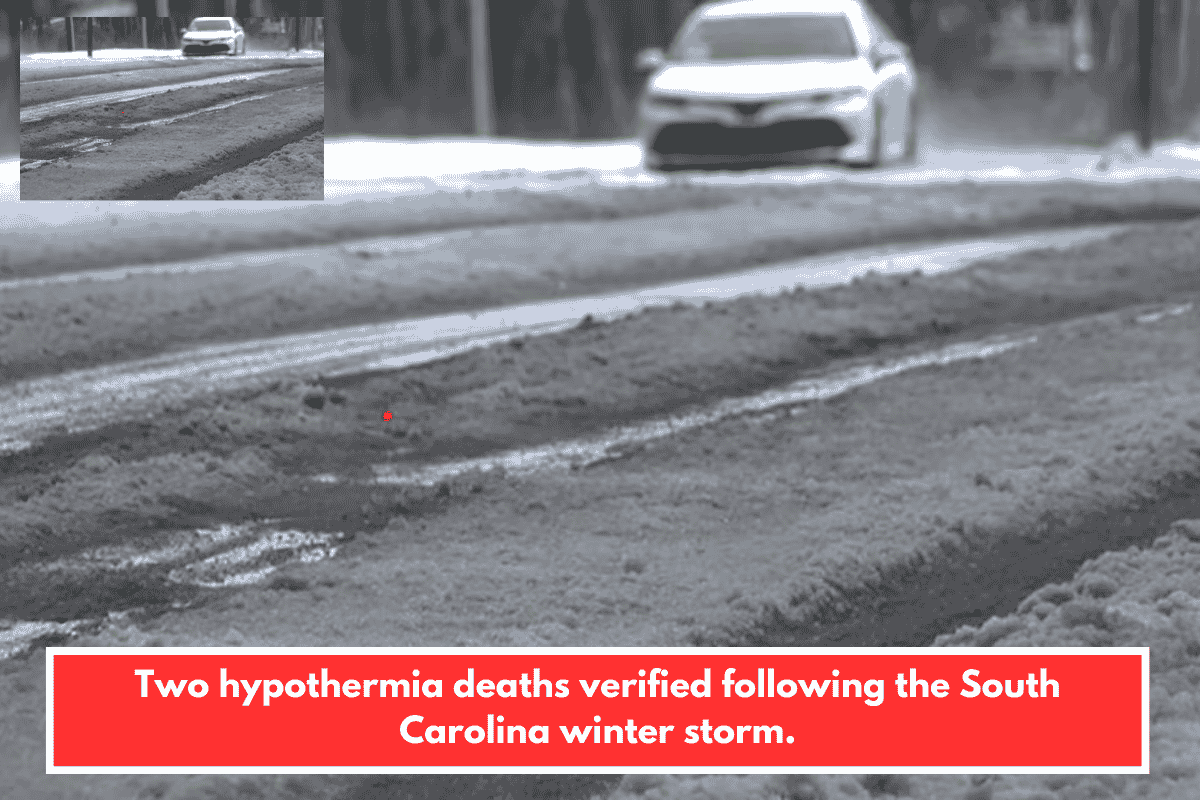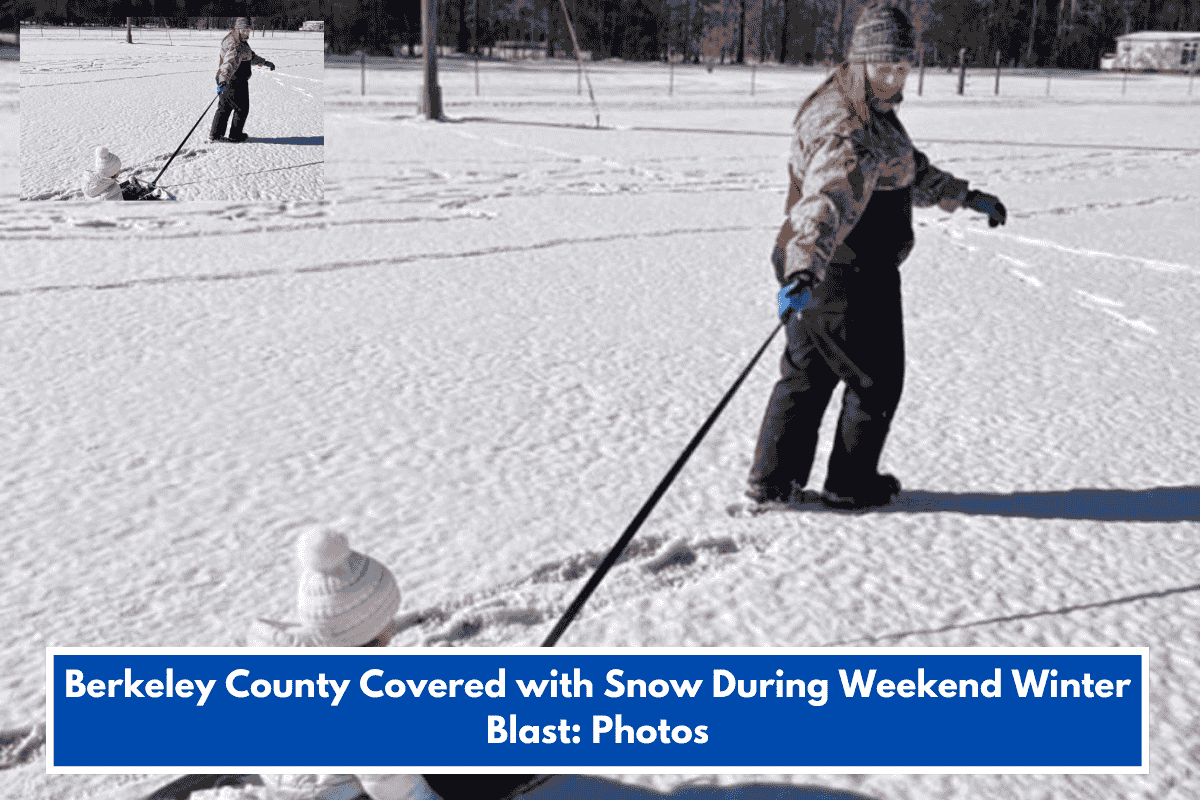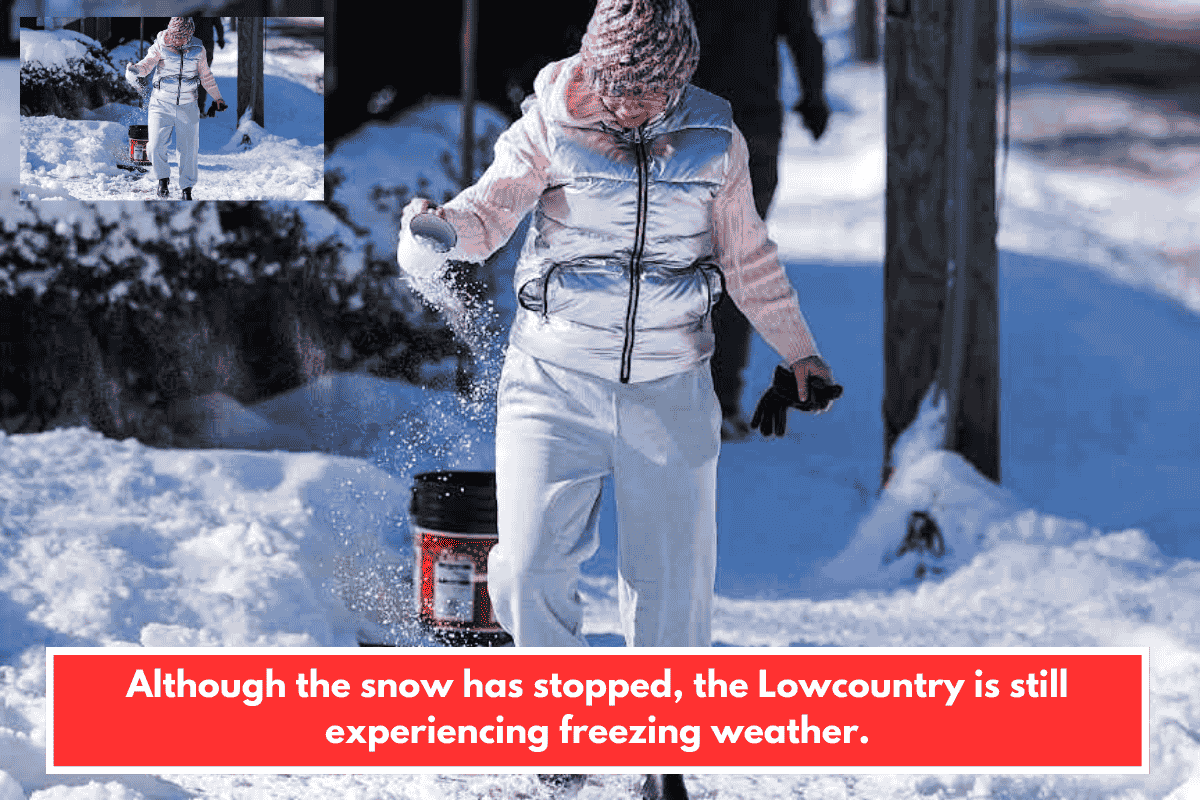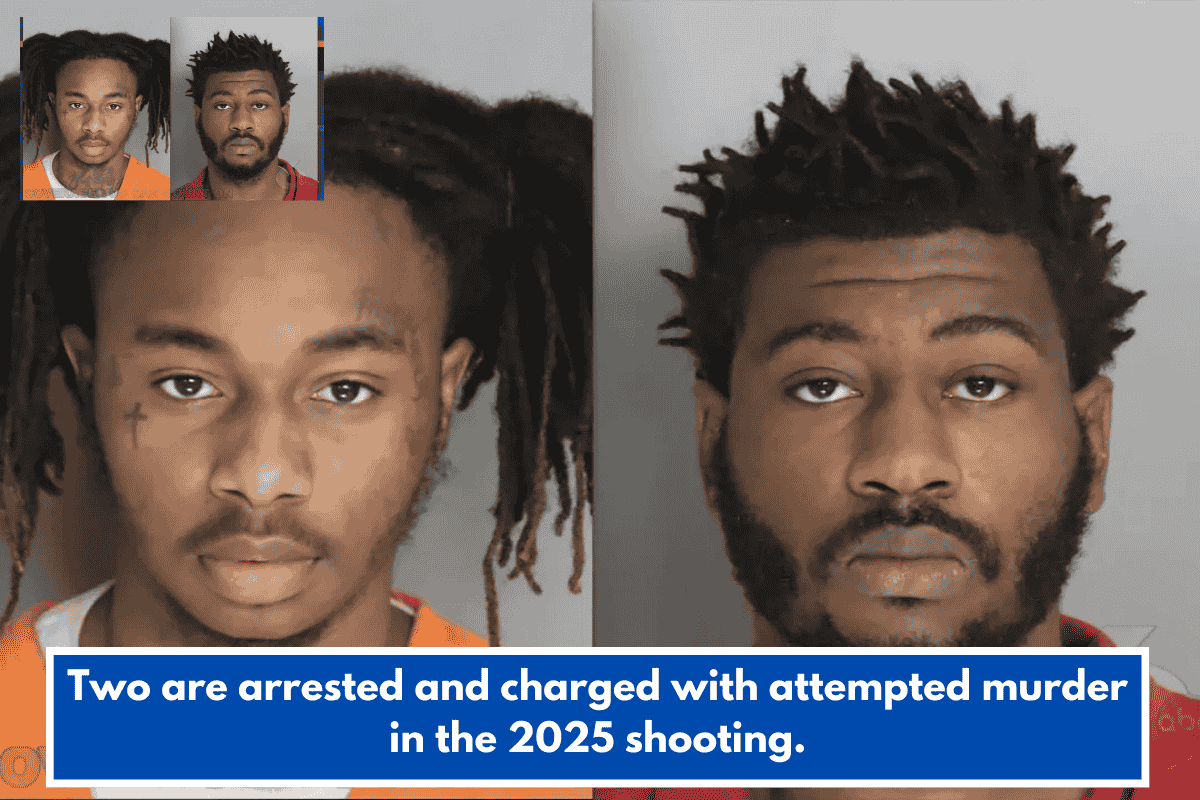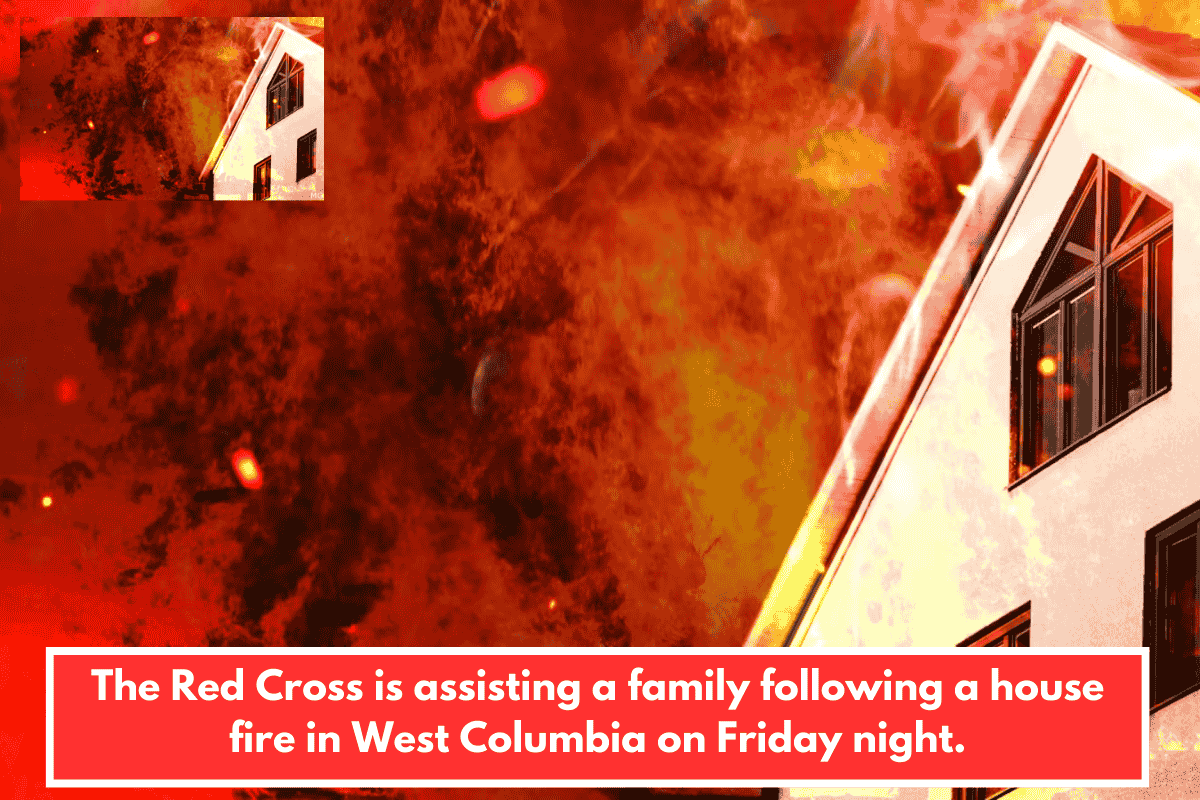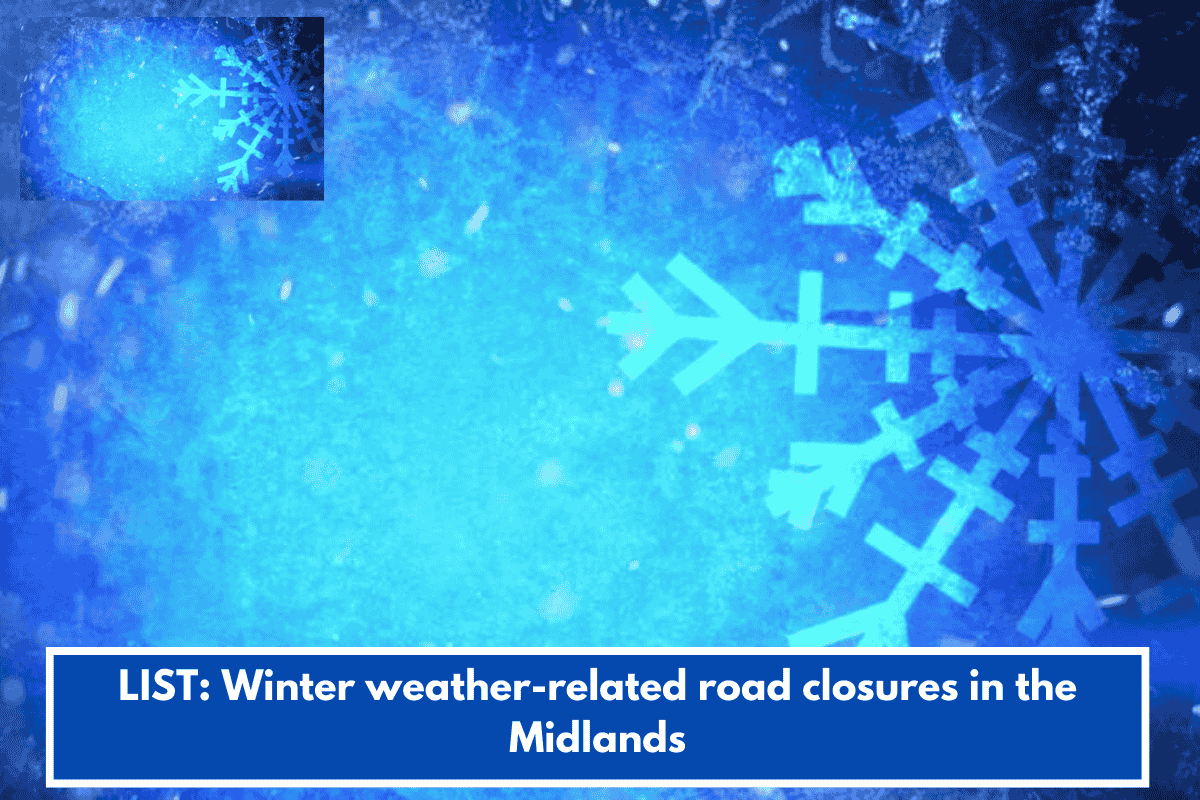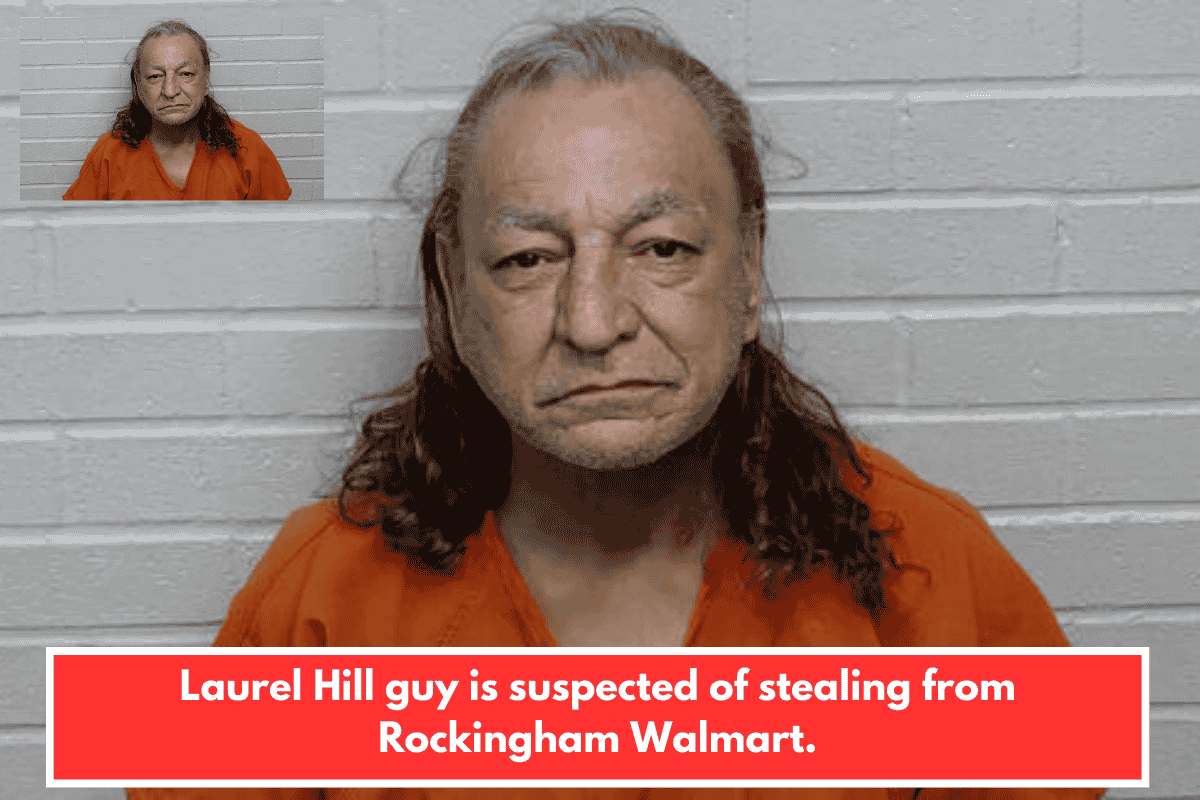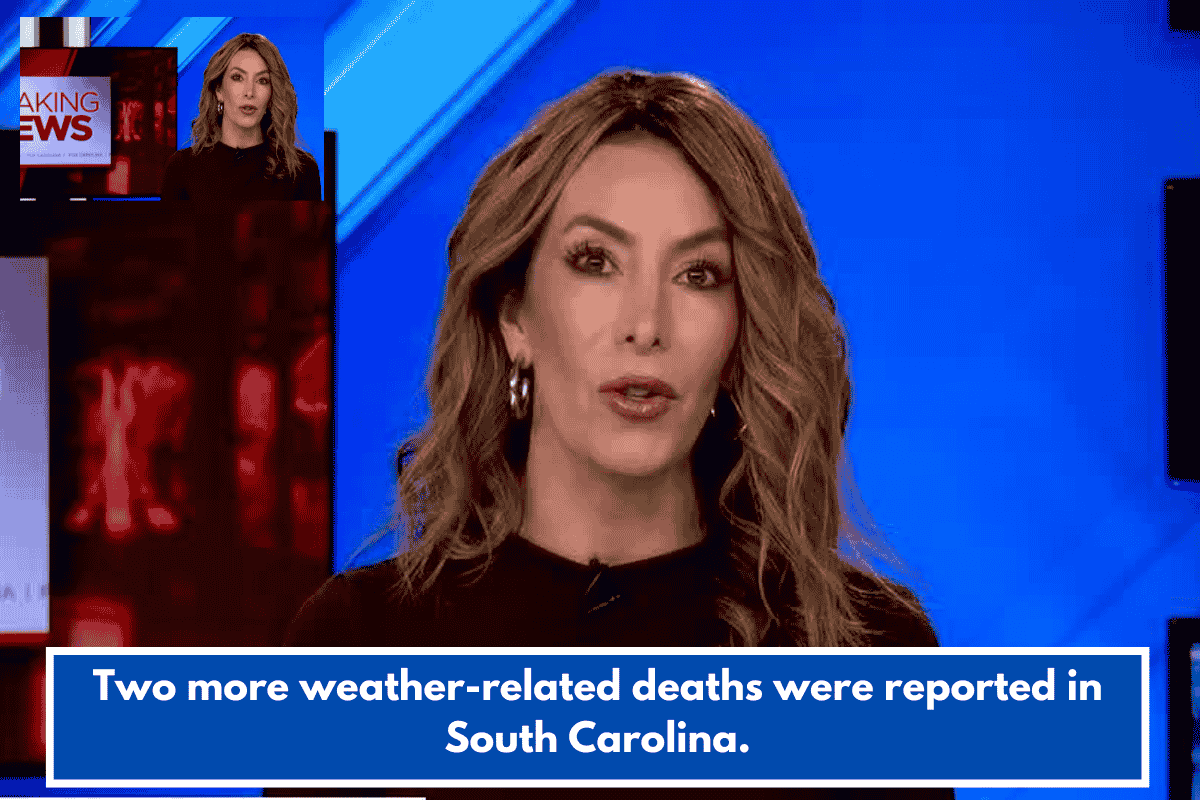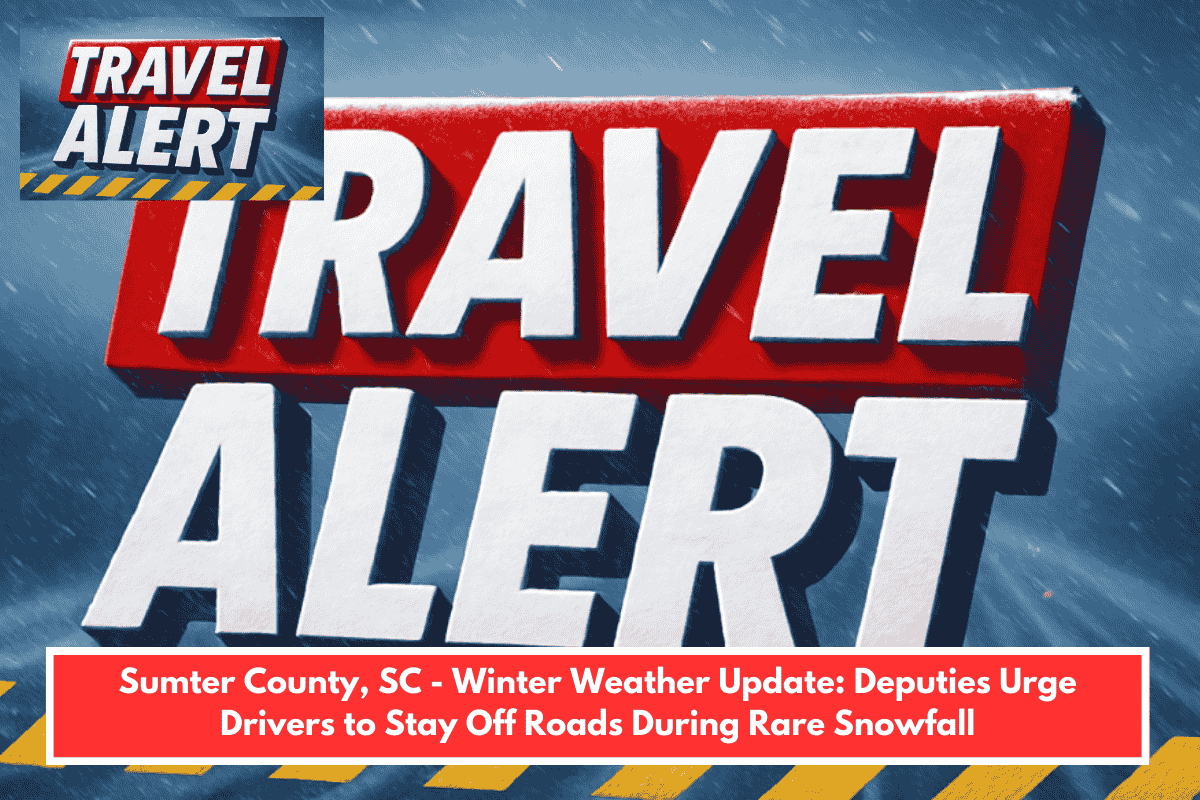As missile strikes between the United States and Iran escalate tensions in the Middle East, the emotional and political impact is being deeply felt in places like Charleston, South Carolina. With a ceasefire reportedly in place, concerns remain high, especially among the Iranian-American and Jewish communities in the area. At the center of these concerns are safety, fear of hate crimes, and a deep desire for peace.
Personal Pain from Iran’s Crisis
Solmaz Chadwell, who came to the U.S. from Iran as a child, is one of many local residents feeling the pain of the ongoing conflict. She still has family in Iran, and with communications cut off, she’s been left in a state of helpless worry.
“The phone lines are down, the internet is down, you’re in a state of the unknown,” she said. “The leader of Iran is protecting himself in a bunker, while the people are left fending for themselves.”
Chadwell stresses that the Iranian people are not responsible for the actions of their government. She hopes that the international community understands that Iranians have suffered under a dictatorship for decades and deserve the right to choose their own future freely.
Jewish Community Calls for Vigilance—and Action
Meanwhile, local Jewish groups like the Charleston Jewish Federation are calling for calm but also caution, as antisemitic incidents continue to rise in the U.S. Brandon Fish, Director of Community Relations for the Federation, points out that Jewish Americans are statistically the most targeted minority group in the U.S. when it comes to hate crimes.
“This should be a wake-up call,” Fish said, referencing a recent New York Times editorial. He urged the government to take action on two key laws in South Carolina that could help protect communities from hate-based violence.
Legislative Efforts to Improve Safety
Two key bills are currently making slow progress in South Carolina:
The Pray Safe Act, which would provide federal grant money to enhance security at places of worship. This includes hiring trained security personnel and improving safety measures.
A statewide hate crimes bill, which would finally put South Carolina in line with most other U.S. states by making hate-motivated crimes a specific legal offense.
Although some local cities have passed their own hate crime ordinances, the statewide bill has remained stalled in the senate for years—despite tragic events like the 2015 Mother Emanuel AME Church shooting, which claimed the lives of nine Black churchgoers.
A Shared Desire for Peace and Justice
Whether affected by events abroad or at home, Charleston residents like Chadwell and Fish agree that more must be done to support vulnerable communities, prevent violence, and promote peace.
“Let the people choose their own government,” said Chadwell, speaking on behalf of everyday Iranians. “They should have the freedom we enjoy here.”
Meanwhile, local leaders continue to press lawmakers to prioritize public safety and take hate crimes seriously—not just in speeches, but in action.
As tensions flare overseas, communities in Charleston are speaking out about their fears and hopes. Iranian-Americans like Solmaz Chadwell are pleading for understanding and change in their homeland, while Jewish organizations are fighting to keep their communities safe from hate. Both groups are united in calling for stronger laws and more compassion—reminding us all that peace, security, and freedom are not just international issues, but personal ones too.

